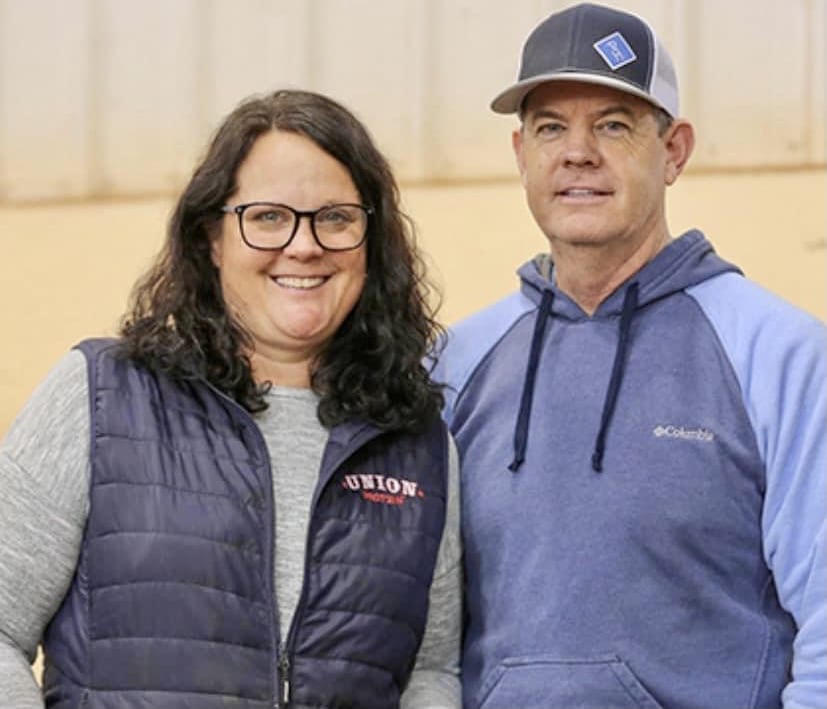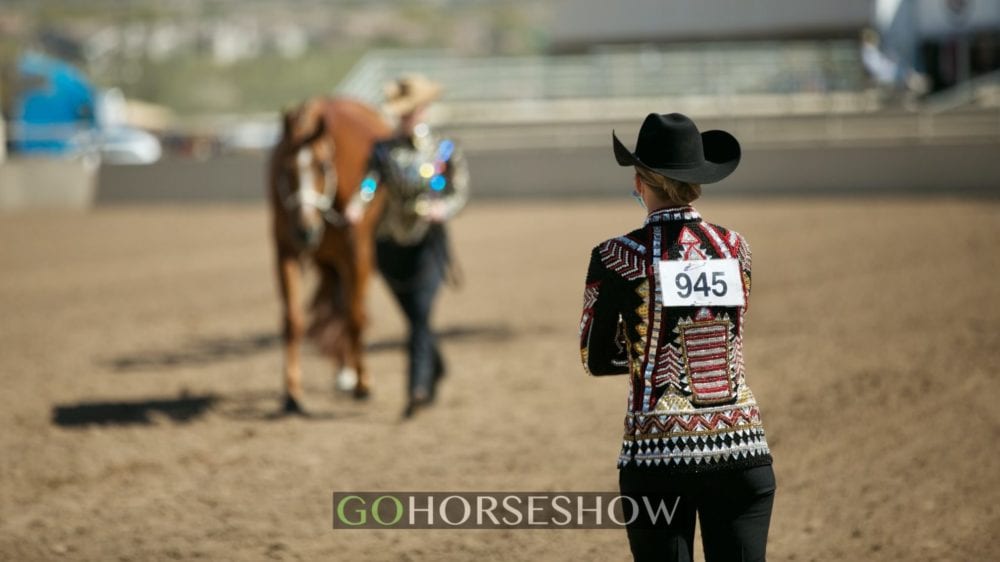Success is not accidental; it is intentional. And for riders, it starts well before swinging a leg over a horse. The path to success requires more than luck. It requires strategy, which includes creating a plan with goals and actionable steps to achieve them. Goals provide direction and are the driving force for practicing and improving fundamental skills.
 At the heart of goal setting is understanding what you want and what makes you happy. “The best competitor is a dreamer,” said top trainer Jill Briggs of Briggs Show Horses, who, with her husband John, has worked with numerous AQHA World Show and Congress champions. To set your goals, start by defining your dreams.
At the heart of goal setting is understanding what you want and what makes you happy. “The best competitor is a dreamer,” said top trainer Jill Briggs of Briggs Show Horses, who, with her husband John, has worked with numerous AQHA World Show and Congress champions. To set your goals, start by defining your dreams.
But setting goals is just the starting point. If the goal is the destination, the work required to achieve it is the journey – and journeys require planning. How far away is your destination? Which direction will you go, and how long will it take? Having a plan creates accountability and a tool to measure progress.
 Professional trainer Travis Born with Born Performance Horses knows something about goals, having grown up showing and working for a professional trainer before launching his own successful training program in 2013. Born says, “People who set goals are more driven and have more desire to get it done. They might get greater satisfaction from achieving their goals because they realize how much time and effort they put into achieving them.”
Professional trainer Travis Born with Born Performance Horses knows something about goals, having grown up showing and working for a professional trainer before launching his own successful training program in 2013. Born says, “People who set goals are more driven and have more desire to get it done. They might get greater satisfaction from achieving their goals because they realize how much time and effort they put into achieving them.”
Though there is never a wrong time to set goals, Born suggests two ideal times– at the new year or once you have achieved previous goals. He also advises reviewing plans at mid-year.
Briggs and Born offer these tips on setting goals to maximize your show pen success:
Reach for what makes you happy. What do you want? Is it to win a globe at the AQHA World Show or something else?
Be specific. Name the show, class, or title you want to win.
Be realistic. Briggs says a critical element of being realistic is considering how much practice your goal will require and how hard you are willing to work toward it.
Set goals that are attainable. While it’s good to have big dreams, and everyone would love to have “the impossible dream” come true, you should also have smaller goals and stretch attainable goals. Having achievable goals will keep you moving forward and make you less likely to give up.
Set goals that are measurable. While a desire to become a better rider is a noble objective, there is no way to measure that as a goal or determine when it has been fulfilled. Set measurable goals that are easily defined, so you will know where you stand and when you have achieved them.
Communicate with your trainer. Trainers are specialists in horses and people who can recognize the dynamics unique to each horse and rider combination. They can identify talents, strengths, and weaknesses and help you set goals tailored for you.
Write down your goals. Born asks all his riders to write down their goals. Writing your goals and putting them where you can see them often will help you maintain focus.
Create a plan and timeline. List the steps you will take to achieve your goals. Your trainer can help you determine these steps and a reasonable timeline that will keep you on track and accountable.
Be flexible. Briggs gives the example of a rider who wants to achieve a goal in one class but discovers a greater aptitude for a different class. She advises revisiting and revising your plans as necessary.
Be committed. “You can set goals all day long, but if you aren’t willing to stand behind them, practice, and do what it takes, you aren’t going to be able to attain them,” said Briggs. ”It starts at home, and then in the warm-up pen, and then in the show pen.”
Striving for a big goal can be both exhilarating and overwhelming, so be patient and give yourself grace. Riders don’t consistently achieve their goals, but according to Born, putting in the work will create achievements along the way that make you a better rider and competitor. “Not every goal will be met, but if you do everything else, you will have a great sense of accomplishment, and you will be in a better position to achieve that goal in the future.”
Born reminds his customers that goals are guidelines to keep them focused and give them something to work toward. “Nothing is set in stone that says if we didn’t achieve a goal, that we have failed. Things happen. Life happens. We can adjust goals if needed. Just because something hasn’t happened doesn’t mean it won’t.”
Briggs agrees, “The disappointments help create the next dream and the next goal. If you don’t attain it one year, it just makes you stronger the next year.” She advises that even though showing takes drive and determination, it should be enjoyable. ”Enjoying the process is essential. Don’t be so goal-oriented that you can’t enjoy the process.”









